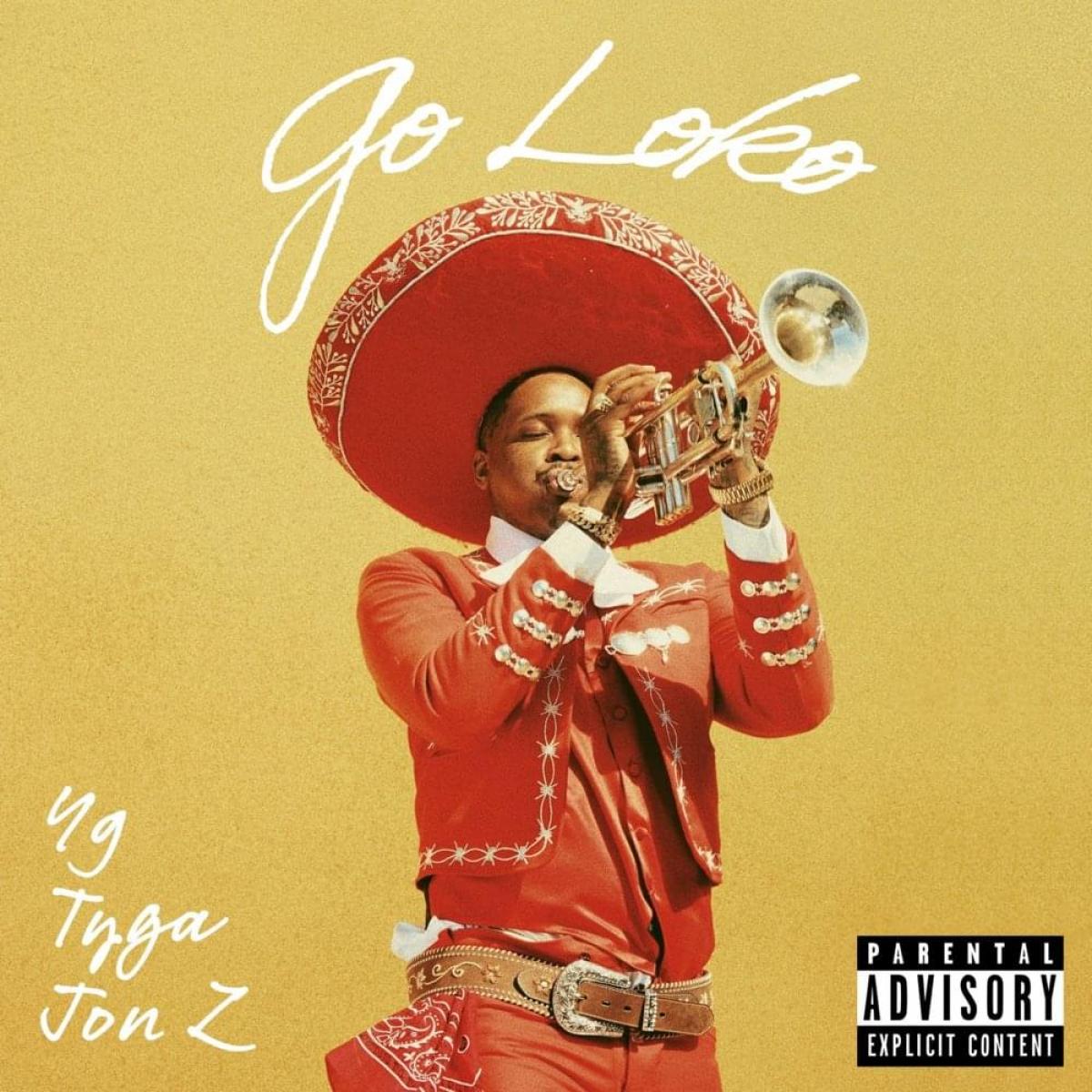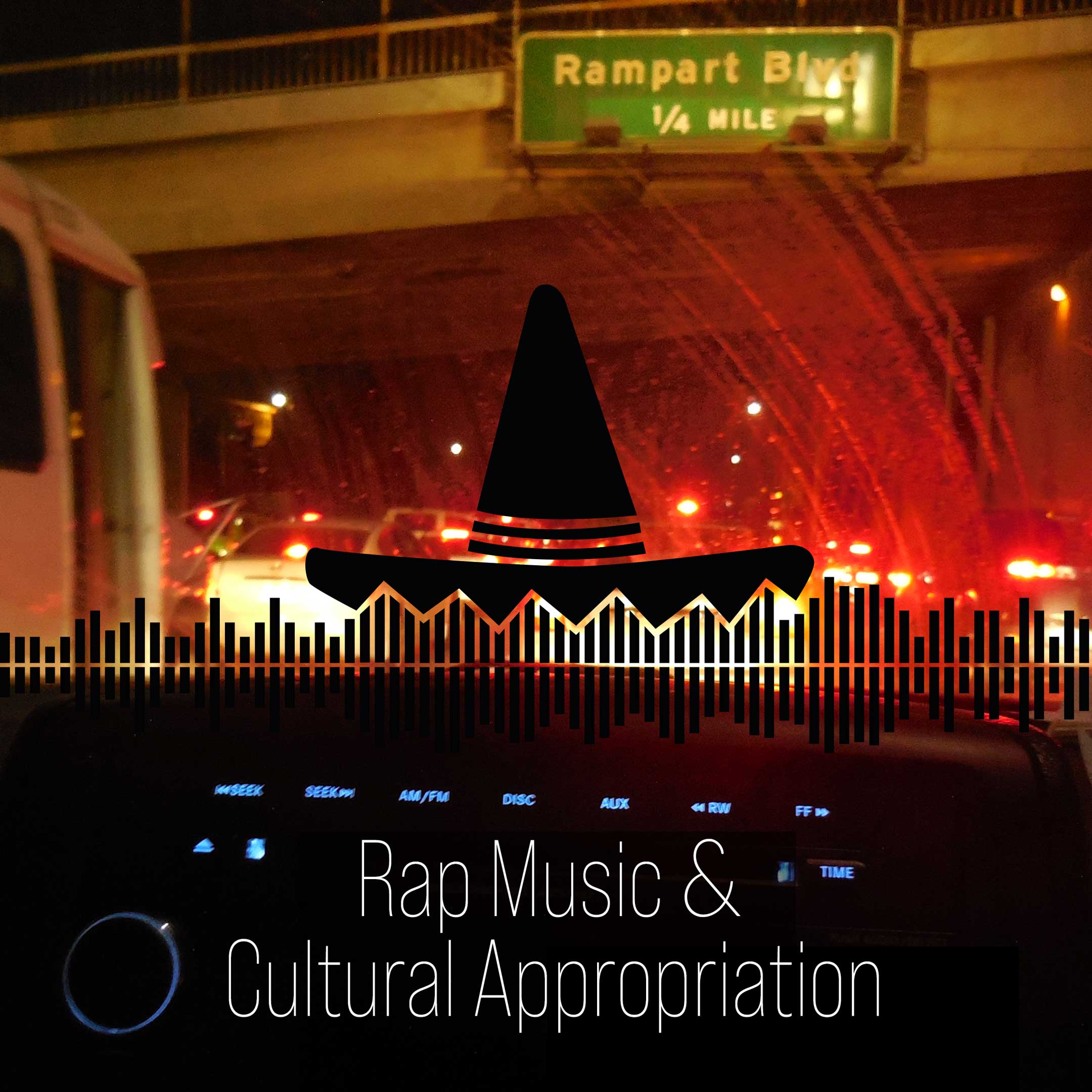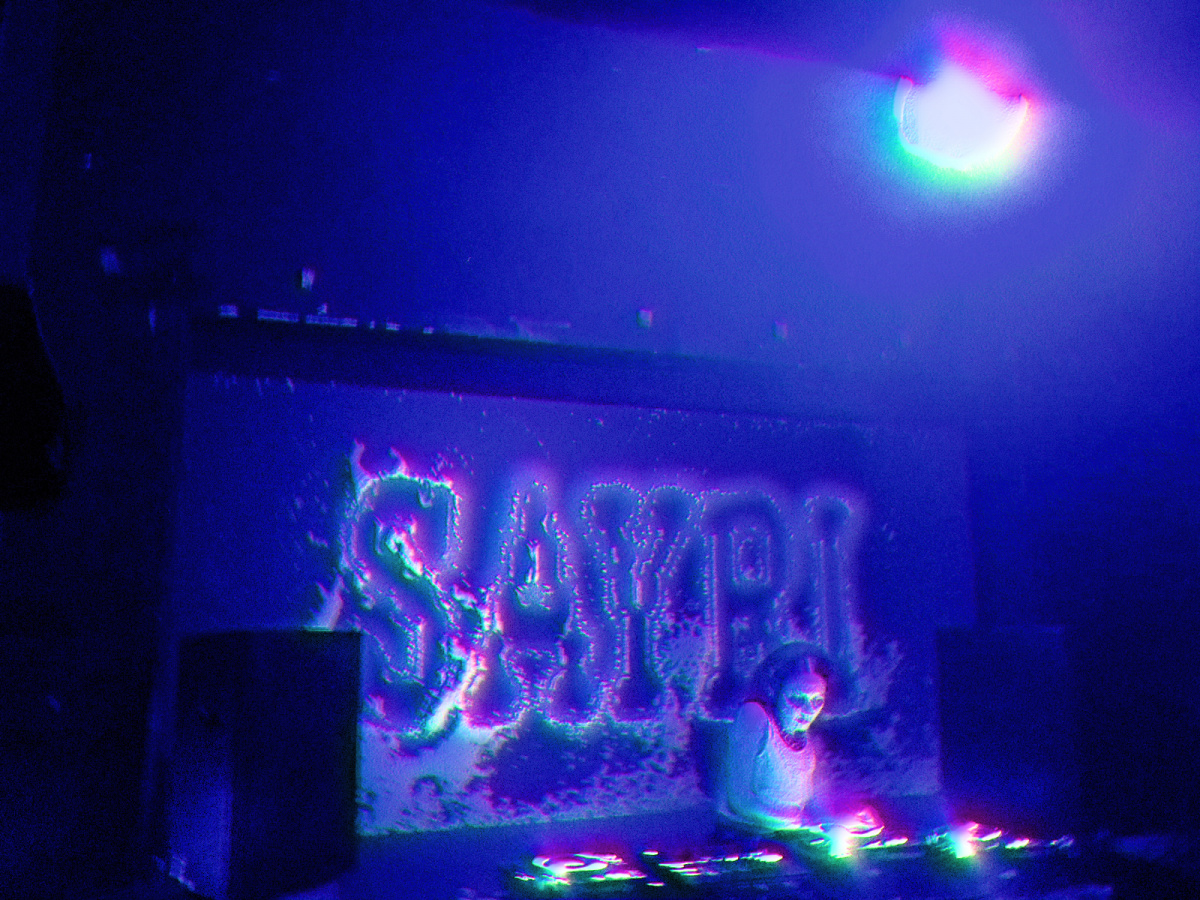
A Matter of Style Appropriation
When I was conducting fieldwork on the history of Chicano rap in L.A. in the spring of 2019, many interlocutors voiced the opinion that the Chicano community never received due credit for their contribution to gangster rap culture. This observation is exemplified in the controversial music video «Go Loko», which exhibits Chicano aesthetics and features African-American rapper YG sporting a mariachi suit. In this commentary, I criticize the video for its culturally offensive potential.
Doing fieldwork in Los Angeles, a metropolis with almost four million inhabitants, can be challenging as the city is very spread out and people generally move around in their cars. Without a car of my own, Uber was the easiest way to go places. Ironically, this is precisely where I met my main gatekeeper. During the 45-minute drive from West L.A. to Hollywood, we got to talking about Chicano rap and it turned out that he knew a lot of people in the community. He mentioned in passing that he would attend a rap video shoot later that day.
Homage to the Culture or Cultural Offense?
Little did I know that the video in question was «Go Loko» by Compton1 rapper YG (featuring Tyga and Jon Z), which was to be released on Cinco de Mayo weekend, a major Mexican-American holiday with parades and events all over the city. Set in a Chicano community, the video displays Black rapper YG posing in a red mariachi suit in front of a Mexican mariachi band. In his critique, Cepeda (2019) sees the video as mirroring the co-existence of the Black and Brown communities in L.A., especially Compton. This was also mentioned by one of my interlocutors. In fact, L.A. hip hop culture has been characterized by cross-pollination between the African-American and Mexican-American communities since its very inception. Black gangster rap incorporates numerous Chicano elements such as lowriders, slang, and fashion (Macías 2014). Chicano rap, in turn, can be considered a sub-genre of gangster rap.
As soon as the video dropped, it became the talk of the town. People debated on social media platforms whether it was cultural appropriation2 or an homage to Mexican culture (Cepeda 2019). Tensions between the Black and Chicano communities had already been a topic in most interviews, only now my interlocutors started referencing this video as an up-to-the-minute example. They considered it proof of the overall lack of Black appreciation for Chicano culture and felt particularly insulted by the mariachi suit. As countless gangster rap videos before it, «Go Loko» portrays lowrider cars and fashion rooted in Chicano gang culture. The mariachi suit, however, seemed to push it over the top. Feature artist Jon Z’s cultural roots are highlighted by the portrayal of the Puerto Rican flag. But while the Mexican one is blowing in the wind right next to it, no Chicano rapper is part of this production. At the same time, «Spanglish» lyrics and a beat composed of brass instruments and Spanish guitars are reminiscent of a Chicano rap song.
Cultural Appropriation or Marketing Strategy?
The mariachi suit and the Spanish guitar beat fit James Young’s (2008, 6) concept of «style appropriation», a subcategory of cultural appropriation implicating an artist’s use of «stylistic elements […] of another culture» without fully appropriating it. But the crucial issue lies with the implied hierarchy: Black artists continue to dominate hip hop culture on the West Coast, borrowing from Chicano culture yet seldom endorsing Chicano rappers. This somewhat explains the anger about Puerto Rican Jon Z’s presence in the video expressed by one of my interviewees. I suspect there might have been less criticism if a Chicano rapper had been featured on it. If YG wanted to show his appreciation for Chicano culture with this song – why not feature a Chicano rapper?
My ethnography showed two central issues: catering to the Chicano community for marketing reasons on the one hand, and disrespecting their culture on the other. Empathizing with my interlocutors, I consider the release of «Go Loko» just in time for Cinco de Mayo a crude promotional stunt by the record company, framing the song as the anthem of the season.
- 1. Compton is a city in the south of L.A. predominantly populated by African-Americans and, since the mid-1990s, Latino immigrants (Davis 2001, 162).
- 2. The Oxford Dictionary defines cultural appropriation as «the act of copying or using the customs and traditions of a particular group or culture, by somebody from a more dominant… group in society» (Oxford University Press 2020).
List of References
This commentary has been written in the context of the international workshop «Sound in Motion» at the University of Bern in September 2019. The research is part of the SNSF-project «Hip-Hop as a Transcultural Phenomenon».
Biography
Published on February 22, 2021
Last updated on June 03, 2021
Topics
About the ups and downs of cross-cultural creativity: Korean reggae, vaporwave, and the worldwide Hindu Holi festival.
How artistis deal with this non-natural but political category as a result of its ideological dominance.
A form of attachement beyond categories like home or nation but to people, feelings, or sounds across the globe.
About fees, selling records, and public funding: How musicians strive for a living in the digital era.
Watch how cutting-edge music from Brazil to Singapore is represented in moving images.
Snap




